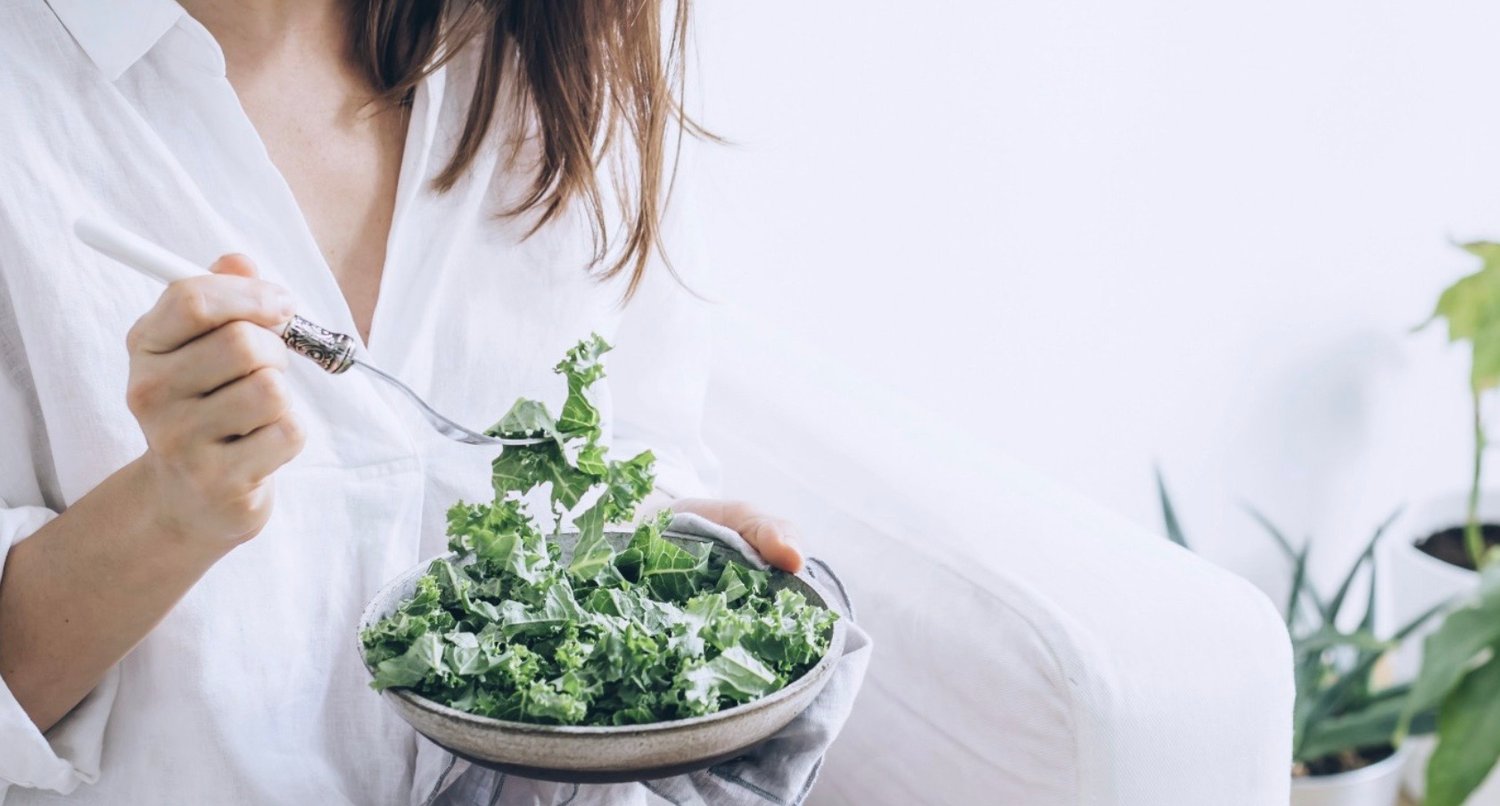What does nutrient-dense mean?
Simply put, nutrient-dense foods are foods that are high in nutrients and low in calories. They’re packed with vitamins, minerals, and other healthy ingredients.
What are the benefits of nutrient-dense foods?
Nutrient-dense foods can help you to:
- Minimize inflammation in your body
- Stay full longer (and feel less hungry)
- Have extra energy to get through the day
Why should I eat nutrient-dense foods?
Nutrient-dense foods are important to your daily dietary needs because they can help you meet daily nutritional needs without having to eat a lot of food. This means that you can feel full and satisfied with fewer calories. This can contribute to weight loss or maintenance if that is one of your health goals.
Did you know that nutrient-dense foods are also generally easier on your digestive system than foods with low nutrient density? This makes this type of food ideal for people who have trouble digesting certain types of foods (such as those with lactose intolerance).
What foods are nutrient-dense?
Think vegetables, fruits, and whole grains.
Some other ideas to get you started:
- Salmon
- Nuts and seeds
- Kale and other dark leafy greens
- Garlic
- Potatoes
- Liver (if you can handle that)
- Blueberries
- Eggs
- Dark chocolate (hooray)
Photo by micheile dot com on Unsplash
How can I tell if a food is nutrient-dense?
If you are eating unprocessed fruits, vegetables, nuts, seeds, and whole grains you are basically eating nutrient-dense foods.
If you are at the grocery store comparing two different food labels, here is my advice.
As an example, let’s say you are trying to find healthier snack choices and you’re looking at healthy crackers to dip in hummus.
You have two cracker choices in front of you:
One box of crackers has 80 calories per serving with few vitamins and minerals.
The other box is whole grain crackers that have the same number of calories, but three times more protein and fiber and more than double the potassium, vitamin B6, and magnesium.
The whole-grain option is the more nutrient-dense winner.
Bonus — you’ll feel full faster with the whole-grain crackers.
I hope this short and simple breakdown will help you to make amazing food choices for your health and longevity.
Comment with your best nutrient-dense food ideas or leave a question for me.



Comments ()